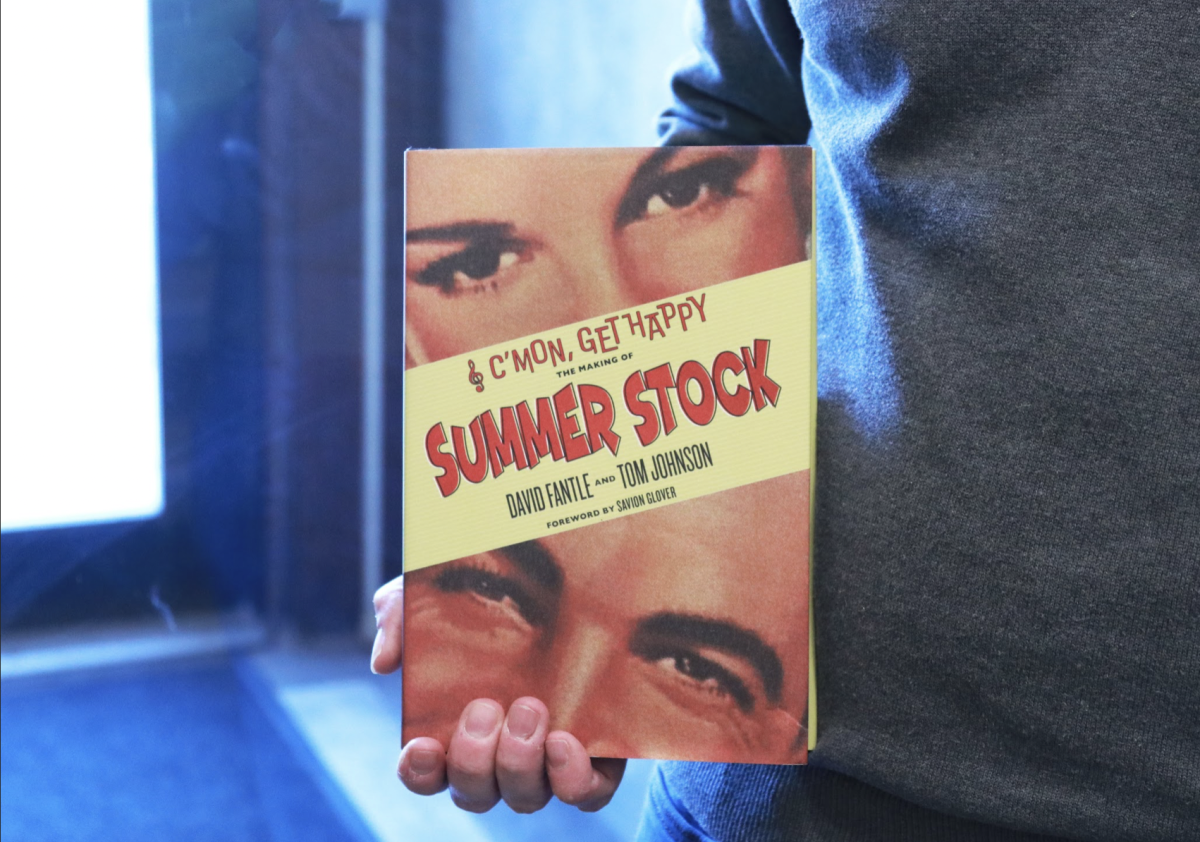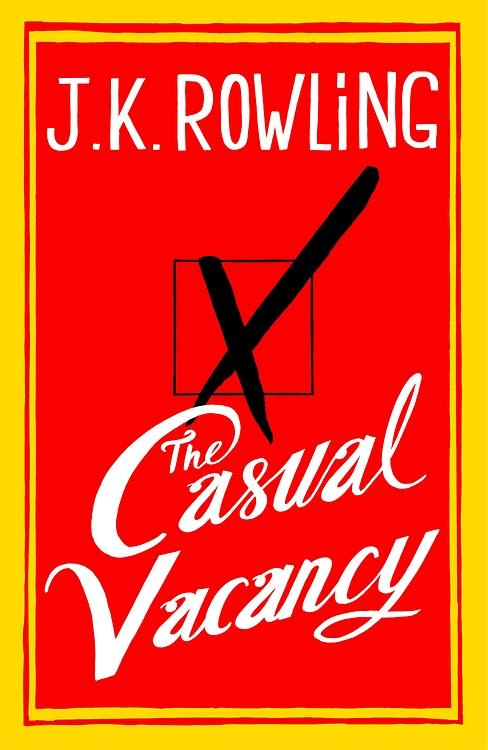
Students across the country read a number of staple books at some point in their education. These are the classics, the masterpieces, but few of them are so fiercely defended or so fiercely opposed as Mark Twain’s “Adventures of Huckleberry Finn.” In this book, readers explore a distinct time and place in American history, and they also explore more enduring issues like slavery, racism and freedom. Perhaps most surprising of all, readers see a young outcast break down harsh boundaries of race to become true friends with a runaway slave.
Despite its profound contents, Twain includes the “n-word” in this work a total of 219 times.
The use of this word has led to censorship and has caused many educators to refuse to teach this book in a classroom setting.
A new edition of “Adventures of Huckleberry Finn” and “The Adventures of Tom Sawyer”, set to be published next month by NewSouth Books out of Montgomery, Ala., eliminates every instance of the n-word in a publication that combines both novels in one book, replacing it with “slave.”
In his foreward of the new edition, the editor, Alan Gribben, a professor of English at Auburn University and co-founder of the Mark Twain Circle of America, a scholarly organization dedicated to the study of Twain and his works, explains the reason for the change: RP
“My understanding about this situation crystallized into a definite resolve. Unquestionably both novels can be enjoyed just as deeply and authentically if readers are not obliged to confront the n-word on so many pages. Consequently in this edition I have translated each usage of the n-word to read ‘slave’ instead, since the term ‘slave’ is closest in meaning and implication. Although the text loses some of the caustic sting that the n-word carries, that price seems small compared to the revolting effect that the more offensive word has on contemporary readers. Moreover, slavery is recognized globally as an affront to humanity.”
Many people are upset and disagree with the decision to replace the n-word in the book, saying it is censorship to alter the text.
Simone Smith, a junior in the College of Communication and secretary for Marquette’s student chapter of the National Association of Black Journalists, said, “If you erase the word, you kind of erase the history, too.”
Sarah Wadsworth, associate professor of English at Marquette specializing in 19th century American literature and children’s literature, does not think so.
“I’m probably in the minority in saying that I don’t have a problem with the edition,” Wadsworth said. “I understand what the controversy is when any kind of censorship comes up, it pushes a lot of buttons, but I honestly don’t see this as falling under that category.”
Wadsworth said this new book is not intended to replace earlier editions, but that it makes Twain’s work more accessible to younger readers, something the author himself strove to accomplish in his lifetime.
“(The editor’s) concern … kind of moves beyond the language being offensive to the book not even being taught,” Wadsworth said. “There was a silence surrounding it because people were kind of leery of teaching it.”
In his introduction, Gribben writes he has often been approached by grade school and high school teachers who do not teach Twain’s books because of the controversy that has long surrounded the use of the n-word in “The Adventures of Tom Sawyer” and “Adventures of Huckleberry Finn.”
“I think that one of the things that makes it OK in my mind, is that the edition is actually foregrounding the issue,” Wadsworth said. “It might appear at first glance that it’s kind of hiding that issue by substituting the words, but it really does put it right out there in the introduction. … I think that’s a very good strategy.”
Sade Hood, vice president for NABJ at Marquette, agreed with Smith that erasing the n-word from the book is like erasing history.
“That was the context in which the word was used,” Hood said. “Even though it’s something that we all hopefully regret, it makes it seem as if it never happened.”
Ben Krahn, an English teacher at Marquette University High School, teaches “Adventures of Huckleberry Finn” and said he has no plans to use the new book in his classroom.
Before Krahn’s students begin reading the novel, he has them read essays about the language in the book and the context of the n-word in Twain’s writing.
“The students usually see that the word is not only ridiculous in the context of the novel but also that Huck, even though he is a victim of his society’s colloquial language, overcomes any sense of connection to the term from the standpoint that he ‘adopts’ Jim as a father figure,” Krahn said in an email. “Therefore, even though he uses (the n-word) to refer to Jim, he is able to see Jim as a man, a human, a person, a guide.”
Krahn said he has not encountered any opposition from parents or students when teaching the novel and that MUHS has a reputation for confronting issues like this, as opposed to hiding from them.
“I believe that freedom of speech should protect the speech of a person’s idea that we find most detestable. If we change ‘Huck Finn’ to accommodate the offensive language, then why not change Michelangelo’s ‘David’ to accommodate the offensive, blatant sexuality?” Krahn said. “Every piece of art will be objectionable to someone.”
The NewSouth edition of the book also changes the name of the character Injun Joe to Indian Joe for similar reasons.
Wadsworth said she is also not opposed to this change, but it is different because it changes a character’s name. She also said it is a different situation because Twain’s own prejudices against Native Americans persisted further into his life and writing than that against African Americans. RP
“I think that, having changed the one term, this edition needed to change the other, as well,” Wadsworth said. “But the issues surrounding the author’s own attitudes toward that group are much thornier at the time he was writing.”
From the time of its first publication, Twain’s book caused a stir. Since then, the language and contents have been questioned again and again. It has been banned from some schools and libraries, and when it is taught, educators usually preface it with some sort of disclaimer.
“I think this edition … will fill a need, it will fill a gap,” Wadsworth said. “And I would hope that readers who might be introduced to Mark Twain through these editions will later go on and read the text as adults or as college students and read it the way Mark Twain wrote it.”





Owen • Jan 25, 2011 at 7:35 pm
Good job censoring the word “nigger” in the article of an academic institution, where we supposedly have the freedom to have calm, free, and academic discussions about anything.